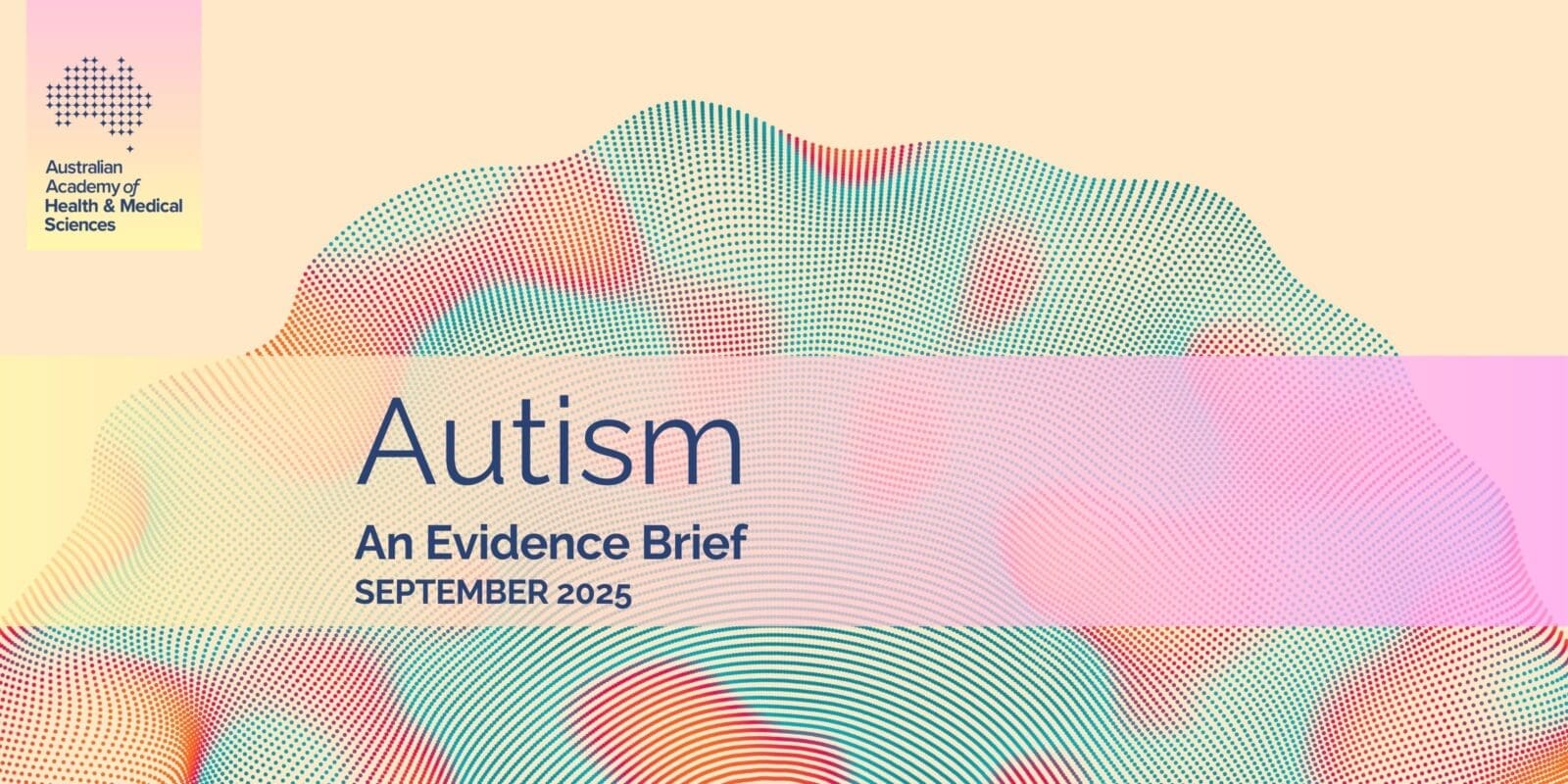The Australian Academy of Health and Medical Sciences has released a new Evidence Brief on autism, addressing misinformation and reaffirming what the science makes clear: there is no evidence that vaccines or paracetamol cause autism.
The brief explains that autism arises from a complex interplay of genetic and environmental factors, most often influencing development before birth. Family history is one of the strongest predictors, and hundreds of genetic variants have been identified. While some environmental influences during pregnancy are under investigation, current evidence shows only weak associations, not causal relationships.
On paracetamol, the Evidence Brief highlights that while some studies have reported weak associations with autism, large-scale sibling and cohort studies demonstrate no causal link. Where studies report an association, it means there is a correlation, but lots of associations that occur in the world are not causal. Regulatory bodies in Australia and internationally continue to recommend paracetamol in pregnancy when used as directed, noting that untreated fever itself poses significant risks.
On vaccination, decades of high-quality research, including systematic reviews, meta-analyses, and national registry studies involving millions of children worldwide, have found no link between vaccination and autism. The fraudulent 1998 Wakefield study, long since retracted, sparked enduring myths that continue to fuel vaccine hesitancy, despite overwhelming scientific evidence to the contrary.
The brief also notes that vaccination remains one of the most effective public health measures, preventing 3.5–5 million deaths globally each year.
This Evidence Brief puts the focus back where it belongs: on the science and the evidence.
Read the full evidence brief here AAHMS Autism Evidence Brief

